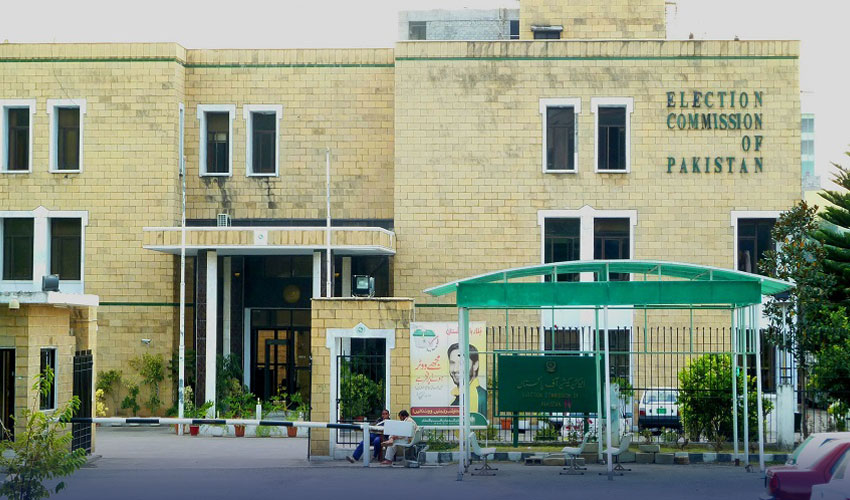The Election Commission of Pakistan (ECP) examined various political parties for failing to adhere to the constitutional requirement of allocating 5% of election tickets to women.
A four-member bench led by ECP member Nisar Durrani conducted a hearing to address the issue.
During the hearing, the ECP reviewed ticket allocation data from several parties. For instance, BNP Mengal's lawyer reported that the party had fielded 27 candidates for the provincial assembly, with only two being women, and 11 candidates for the National Assembly, none of whom were women.
This brought BNP Mengal's rate of ticket allocation to women to a mere 3.8%, according to ECP officials.
In contrast, Tehreek-e-Labbaik Pakistan (TLP) defended its record, stating that they had given tickets to all women who applied. However, ECP officials noted that TLP was expected to provide tickets to 34 women but had only issued 10. The TLP lawyer argued that the Constitution does not mandate forcing parties to contest elections, a point reiterated by the representative from TLP.
Jamaat-e-Islami was also scrutinized, with officials pointing out that the party only allocated 4% of its tickets to women. Jamaat-e-Islami's lawyer mentioned that their goal was to meet the quota, but cited issues with submission deadlines and paper withdrawals.
The lawyer emphasized the need to consider regional challenges when evaluating ticket distribution.
The Awami National Party (ANP) reported a 3.7% women ticket allocation overall but highlighted a higher rate of 13% in Balochistan and Khyber Pakhtunkhwa. The party faced challenges in Sindh and Punjab, according to their representative.
Pakistan Awami Tehreek (PAT) faced criticism for giving just 1.51% of tickets to women. The ECP is pressing for parties to adhere to the 5% quota, as intended to enhance women's participation in elections.
The ECP has issued notices to BNP Mengal, PAT, and Jamaat-e-Islami for quota violations and directed them to submit their responses. The hearing on the women’s quota issue has been postponed until October 2.
Representatives from women's organizations have urged the government to enforce stricter penalties for non-compliance with the 5% quota requirement. ECP officials and advocates continue to stress the importance of meeting the legal quota to foster greater female participation in the political process.


























